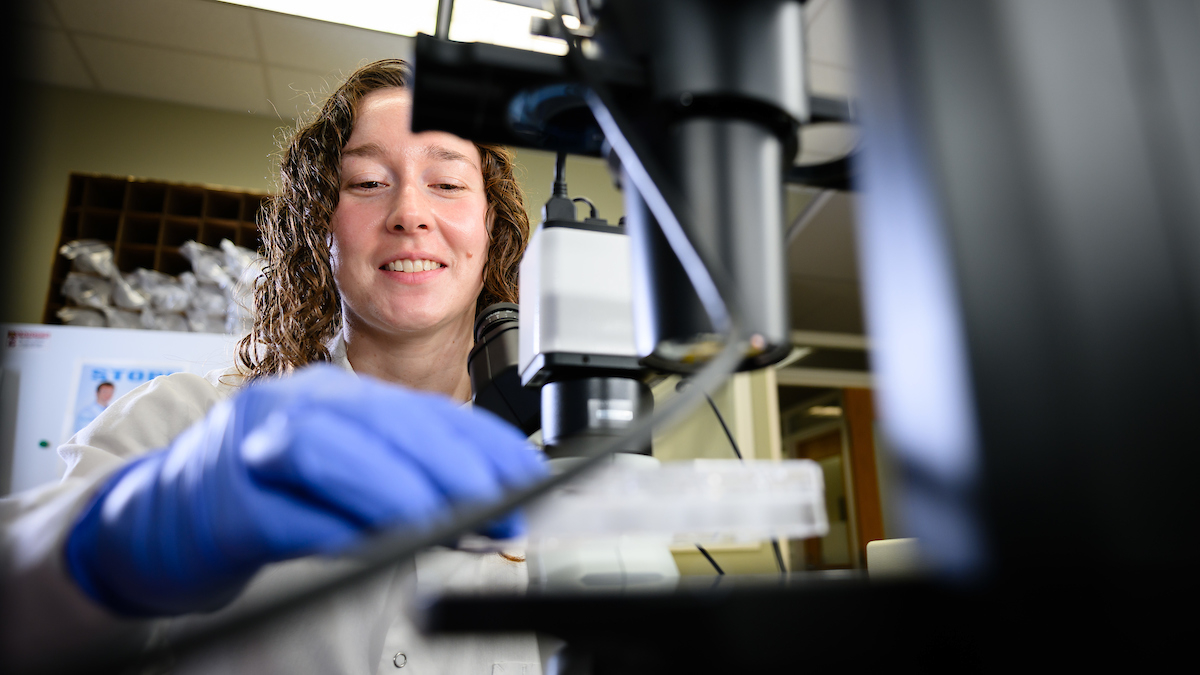Oral rapamycin for Severe Subvalvular Aortic Stenosis (SAS) in Dogs
Principle Investigator
Description
The purpose of this study is to evaluate whether three times weekly dosing with oral rapamycin can reverse the heart muscle changes associated with subvalvular aortic stenosis (SAS) in dogs.
Dogs will undergo an initial screening for eligibility. If your dog enrolls, they will be randomized to receive either low dose rapamycin, high dose rapamycin, or placebo in a double blinded fashion and return for 3 and 6 month recheck visits.
Testing Requirements
The initial screening for eligibility will include:
• A physical examination by the cardiologist
• Blood tests and urinalysis
• A blood pressure measurement
• An electrocardiogram (ECG) to evaluate heart rhythm
• Chest x-rays
• An echocardiogram (cardiac ultrasound) to evaluate the heart muscle measurements and confirm a diagnosis of severe SAS
• A 24-hour ECG known as a Holter monitor in the home environment.
• Dogs may require light sedation to help them relax during the testing
The 3 month recheck visit will include:
• A physical examination by the cardiologist
• Blood tests and urinalysis
• An electrocardiogram (ECG) to evaluate heart rhythm
• An echocardiogram (cardiac ultrasound) to evaluate the heart muscle measurements
The 6 month recheck visit will include:
• A physical examination by the cardiologist
• Blood tests and urinalysis
• A blood pressure measurement
• An electrocardiogram (ECG) to evaluate heart rhythm
• Chest x-rays
• An echocardiogram (cardiac ultrasound) to evaluate the heart muscle measurements
• A 24-hour ECG known as a Holter monitor in the home environment.
• Dogs may require light sedation to help them relax during the testing
Enrollment Start
06/01/2024
Enrollment Finish
02/01/2025
Eligibility
Dogs with severe SAS in the absence of other congenital or acquired heart disease
Dogs free of other systemic illness
Flyer
Contact
Please contact the Clinical Studies Core @ CVMclinicalstudies@ncsu.edu
- Categories:


